Populist parties in Germany have not had much success in winning seats. The National Democratic party of Germany is the oldest right wing populist party, and is mostly known for its
Neo-Nazi political views. The party has never managed to get enough votes; thus, it has had very minimal political influence. Following very important political events in 2013, National emocratic Party of Germany was replaced by the Alternative for Deutschland (AfD) –in opposition to German Chancellor Angela Merkel’s open door policy to refugees. Many parties
Joined the movement, including the (neo)-liberal Free Democratic party and the Christian Democratic Party (CDU).
The diagram above shows the change from National Democratic party of Germany to AfD, and
how much more support AfD received. In 2014, many demonstrations were held against
Germany’s immigration policy. This was mostly caused by the Pegida movement, which led to
Changes in the party’s leadership. The political movement claims to be anti-Islamist and aims to
stop Islamic extremism. Following 2015, the AfD party under the influence of Bernd Lucke,
developed the same messages as members of Pegida. The party adopted much of Pegida
language of anti-establishment, anti-Islam, anti-media, and anti-immigration. Separate from the
influence of Pegida, the party also rejects further integration with the EU14. The progress of AfD
remains relatively stagnant– as the party is losing its support base. However, many Germans fear
that supporters of the party could threaten Europe’s liberal democracy with their extremist
views.










